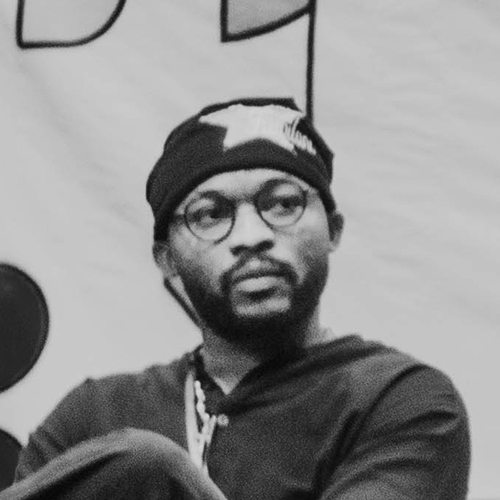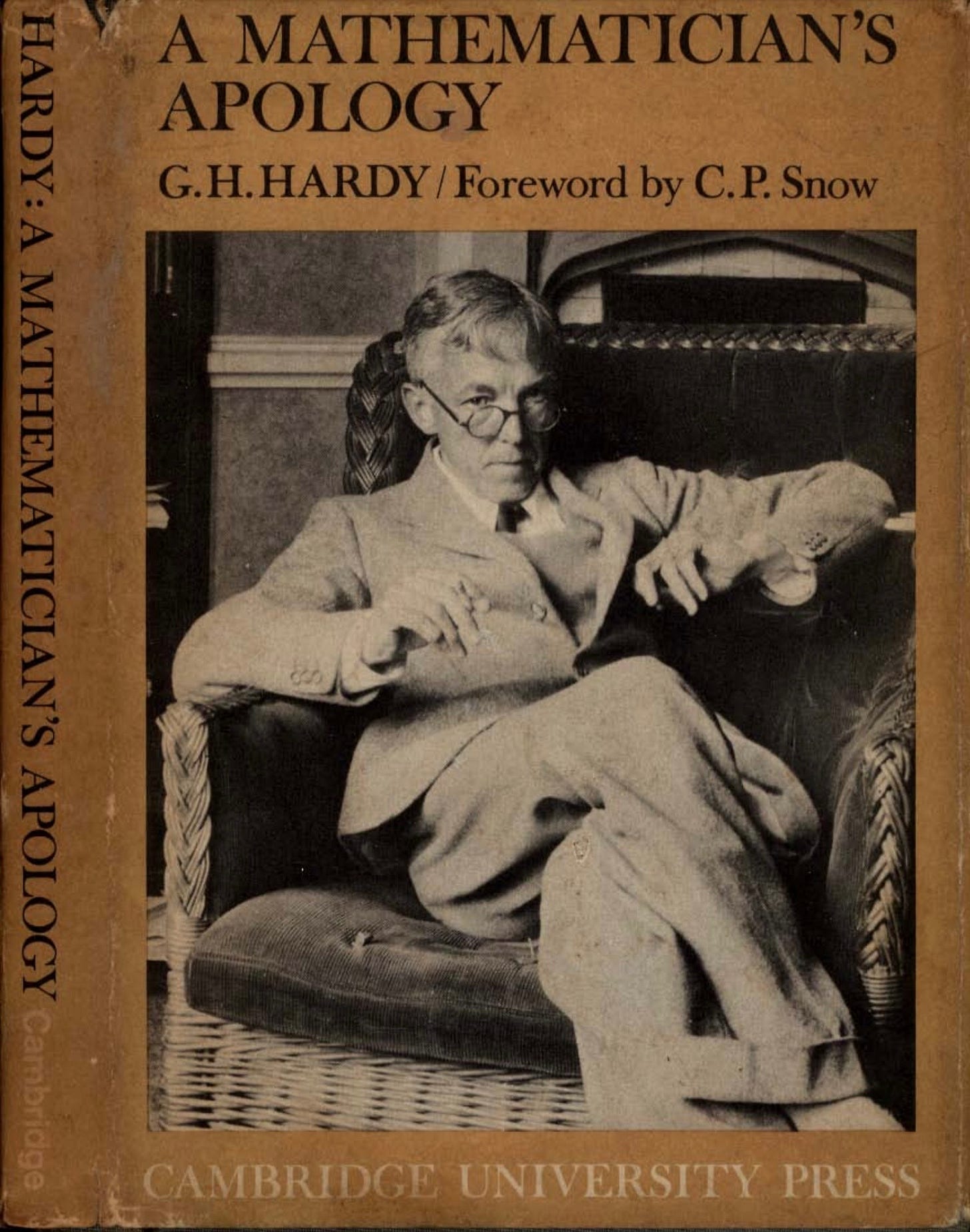It feels strange to pick up a book about mathematics and find a cri de cœur about life, legacy, and the twilight of a brilliant mind. A Mathematician's Apology by G.H. Hardy is less a defense of a discipline and more a soul-baring confession from a man wrestling with his own obsolescence. It's a book that hits you in the gut, a relic from a different age that somehow feels intensely, uncomfortably modern.
I first read this book years ago, in that flush of youthful intellectualism when every idea felt like a revelation. An even greater kind of ardor that Hardy describes for his own work, a pure and unadulterated passion for something beautiful and true. He talks about math not as a tool but as an art form, a space for the creation of beautiful, permanent ideas. He elevates it, giving it a nobility that transcends utility. "The mathematician's patterns," he writes, "like the painter's or the poet's, must be beautiful; the ideas, like the colours or the words, must fit together in a harmonious way."
But the beauty is not all. There's a defensive undercurrent that runs through the entire text, a sense of a man bracing against the world's indifference. He's not just apologizing for a life spent on abstract pursuits; he's justifying it, almost to himself. He dismisses applied mathematics with a sneer, a purist's disdain for anything that might be useful. The work of a great mathematician, he insists, is "of no practical use whatever." This is where the tension begins to fray. It's a bold claim, born of a certain aristocratic detachment - a refusal to engage with the messy, utilitarian world. It's an act of defiance, a kind of intellectual retreat into a fortress of pure thought.
And then there's the contradiction. Hardy claims his book is for the layman, a window into the mind of a mathematician. But as he progresses, he slips into a language that is anything but accessible. He talks about theorems, proofs, and principles in a way that assumes a familiarity with the terrain. He can't help himself. The obsession is too deep. It's like watching someone try to explain a dream: the emotions are clear, but the details are a jumble, a coded language that only they can truly understand.
The beauty of Hardy's Apology isn't in its clarity, but in its struggle. It's the record of a man trying to reconcile his life's work with the dawning awareness of his own mortality. It's the lament of a purist in a world that increasingly values results over elegance. He writes with a sense of poignant melancholy, a quiet sadness for the things he's lost and the things he's never had. It’s a book for anyone who has ever poured their heart into an idea, only to wonder, as the years go by, what it was all for. It's a reminder that passion, in its purest form, is both a blessing and a cage.
What are you currently reading?

